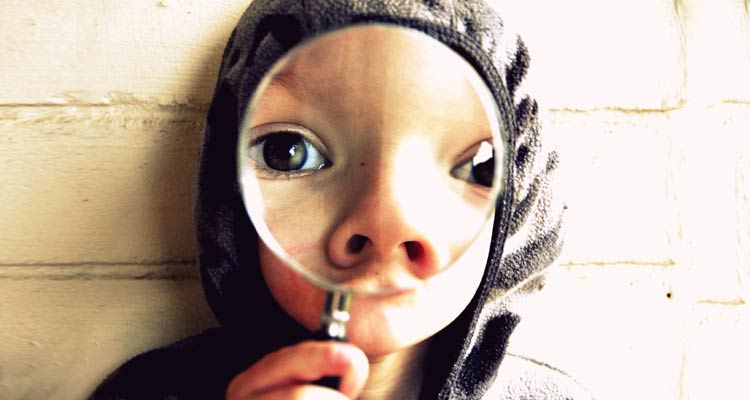It was more than 20 years ago, but I still recall the jitters I felt when my oldest son started kindergarten. “Is my son ready?” I wondered. I knew he grasped new ideas quickly and had a vivid imagination. When I realized he might have exceptional intellectual abilities, I asked myself, “Will he be challenged enough?”
Perhaps you are now facing similar questions.
Several essential skills indicate kindergarten readiness, and may help answer those questions. Highlights include:
- Language skills, such as speaking in complete sentences, and following directions
- Recognizing patterns, or retelling a simple story
- Recognizing rhyming sounds, or reading one’s own name in print
- Mathematics skills, such as counting objects, and understanding the concepts of “adding to” and “taking away”
- Social and emotional development, such as interacting with other children
- Physical development, including gross and fine motor skills, such as bouncing a ball or copying simple symbols
Assessing Your Child’s Skills
Not every child will demonstrate all these skills before entering kindergarten, but most advanced learners will have mastered them with apparent ease, often well before they reach age five.
Beyond indicators of academic readiness, educators also look for behaviors that suggest social readiness for kindergarten, such as the ability to take turns, and the capacity to express frustration appropriately.
For some gifted children, academic development may not be well synchronized with social development, especially when advanced cognitive abilities are combined with heightened emotional intensity. Highly able children may stand out as “different,” and other children, sensitive to these differences, may choose not to befriend gifted peers who have difficulty in social settings.
According to University of Connecticut Professor Joseph Renzulli and other prominent scholars of gifted education, advanced learners exhibit distinctive characteristics including, motivation, creativity, and leadership. For example, they absorb new material and vocabulary with apparently little effort and may seem precocious in a specific discipline, such as music.
If your child is a gifted preschooler, he or she has probably surpassed the basic prerequisites that today’s educators expect of children entering kindergarten. Once in school, gifted children need intellectual stimulation to maximize their potential. As a parent, you can seek opportunities likely to benefit your advanced learner, including:
- Abundant play in which children enact roles, interact with others, and express emotions in a safe context. During open-ended play—when children are free to be creative, inventive, and productive—gifted learners find ways to apply leadership skills, in-depth knowledge, and superior language abilities while communicating with peers and adults.
- Experiences to encourage discovery as children observe and use materials, resources, and media. Gifted children make connections quickly and ask many questions. They thrive when allowed to probe further, even if it’s beyond the parameters of the standard curriculum.
- Availability of digital tools. Access to digital tools and resources makes it possible for gifted children to explore topics and engage in a variety of activities that keep them excited about learning.
Preparing Your Child for Kindergarten
If you have preschool children, you can help ensure readiness for kindergarten by taking advantage of programs or mobile apps that target these four key areas of development: linguistic, cognitive, socio-emotional, and physical. Some programs, such as EmbarK12, offer both hands-on and interactive online learning activities, and are customizable to meet the needs of gifted preschool children.
Kindergarten is a special time for you and for your child. Seize the moment to examine your child’s needs and assess his or her readiness for school. If you think your child might be gifted, make the effort to seek challenging educational opportunities. By nurturing your child’s exceptional passion for learning, there’s no telling how far he or she might go.





































